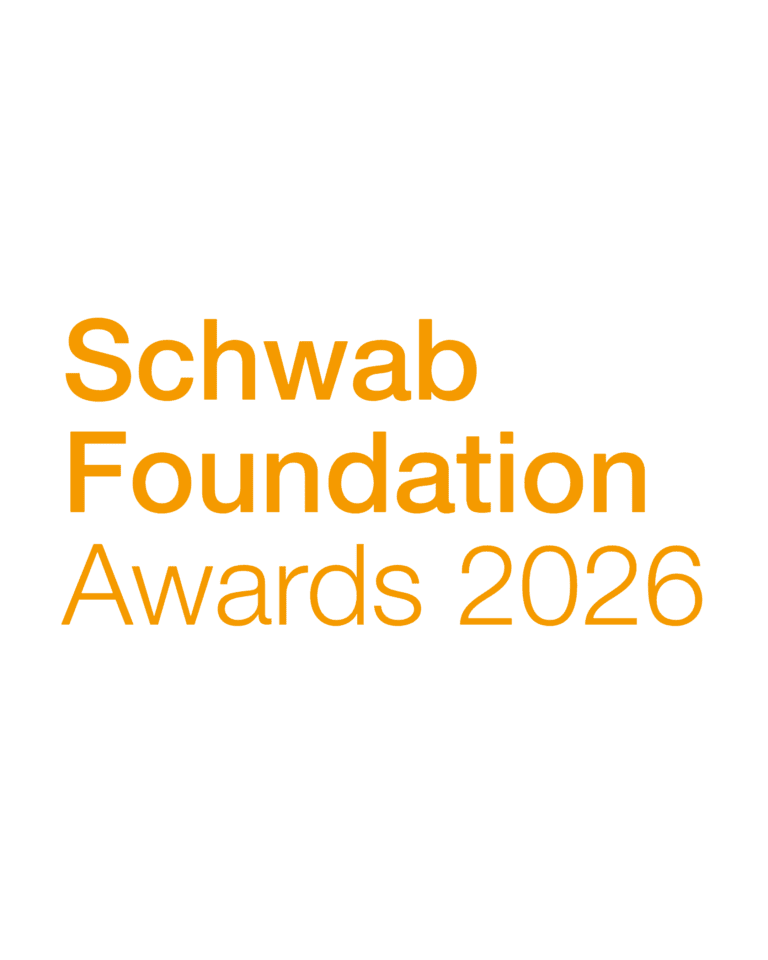As schools continue working to better engage girls in science, technology, engineering and mathematics, a number of STEM-focused foundations are partnering to form the Million Girls Moonshot initiative to hook one million more girls on these subject areas over the next five years. The organizations — which include the Intel Foundation, the Gordon and Betty Moore Foundation, STEM Next Opportunity Fund and the Charles Stewart Mott Foundation — will provide grants and in-kind resources to Mott-funded afterschool networks to increase access to STEM learning experiences.
“The purpose of the Million Girls Moonshot is to work towards closing the gender gap,” said Dr. Penny Noyce — founding board chair for STEM Next Opportunity Fund and daughter of one of the Intel founders, Robert Noyce. “We are trying to pull together a cross-section of technology companies, government organizations, state and afterschool providers to provide grant funding, in-kind resources and access to resources and STEM mentors.”
Though women make up half of the U.S. college-educated workforce, they continue to be underrepresented in STEM fields. For example, they make up just 16% of engineers, according to a press release. And Black and Latina women only make up 2% of that field. With a STEM professional shortfall of about 1 million workers in the near future, industry leaders say engaging girls and minorities is critical.
Read the full article here.



